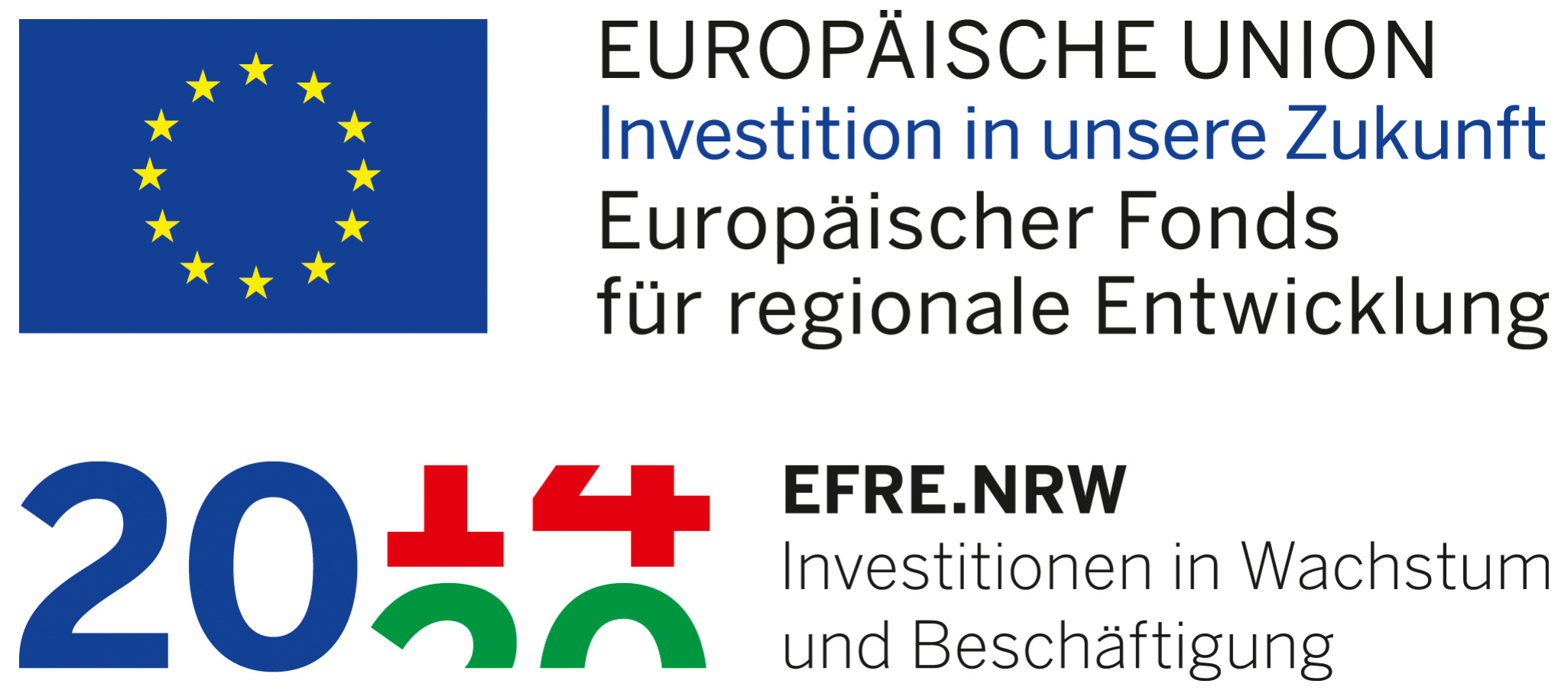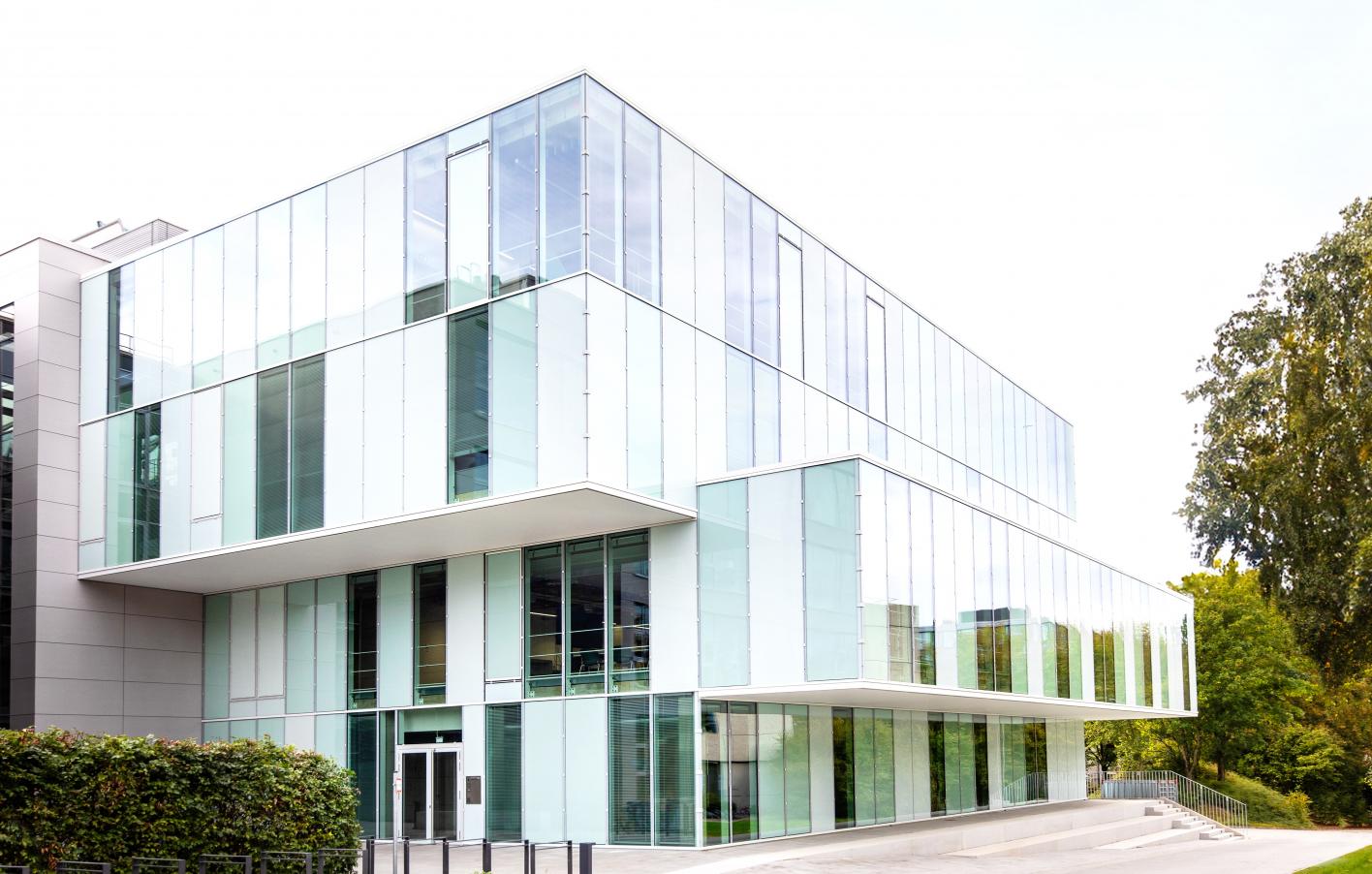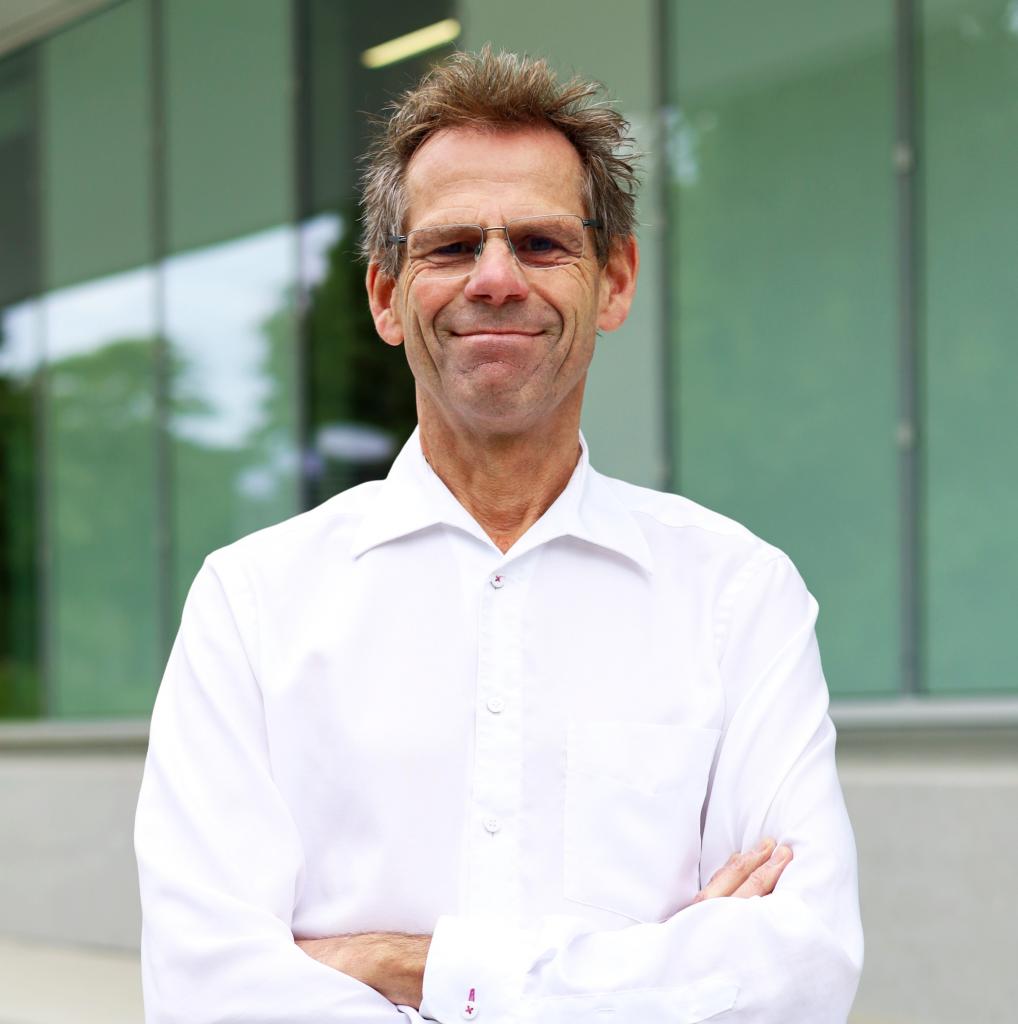The fiT is a building complex consisting of laboratories, training rooms and offices, which extends the DWI by a third building. At the heart of the new complex are GMP-compliant clean rooms: The aim is to manufacture novel medical devices that are the result of pre-competitive research, while complying with medical guidelines and quality standards.Through the fiT, physicians are given the opportunity to bring the results of research and material development into clinical practice. In the long term, the projects of the fiT contribute to closing the gap between new therapeutic developments from the laboratory and their transfer to the patient's bedside.
Therefore, the central task of the Joint Lab is to create the conditions for researching physicians to provide proof of medical benefit for new medical products (MP) and advanced therapy medical products (ATMP). This is only possible through close cooperation with the physicians at RWTH University Hospital.
Patient care is increasingly becoming a challenge - also with regard to modern and innovative therapeutic approaches, since in many cases there is a lack of new medical solutions. One reason for this is that research findings take too long to find their way from the laboratory to the clinic. In the future, the Leibniz Joint Lab will improve the possibilities for pre-competitive translation in cooperation with clinically researching physicians - and thus improve future patient care. Therefore, the central task of the Joint Lab is to create the prerequisites so that researching physicians can provide proof of medical benefit for new medical products (MP) and for advanced therapies (ATMP, Advanced Therapy Medical Products). This is only possible through close cooperation with the researching physicians at the RWTH University Hospital.

This building project is made possible by grants from the structural program "Operational Program of North Rhine-Westphalia for the Promotion of Investments in Growth and Employment from the European Regional Development Fund" (OP EFRE NRW). Thanks to the special commitment of the Ministry of Culture and Science of the State of North Rhine-Westphalia, the construction project could be realized and will be opened in 2023.
Weitere Informationen zum fiT finden Sie in diesem Video.



